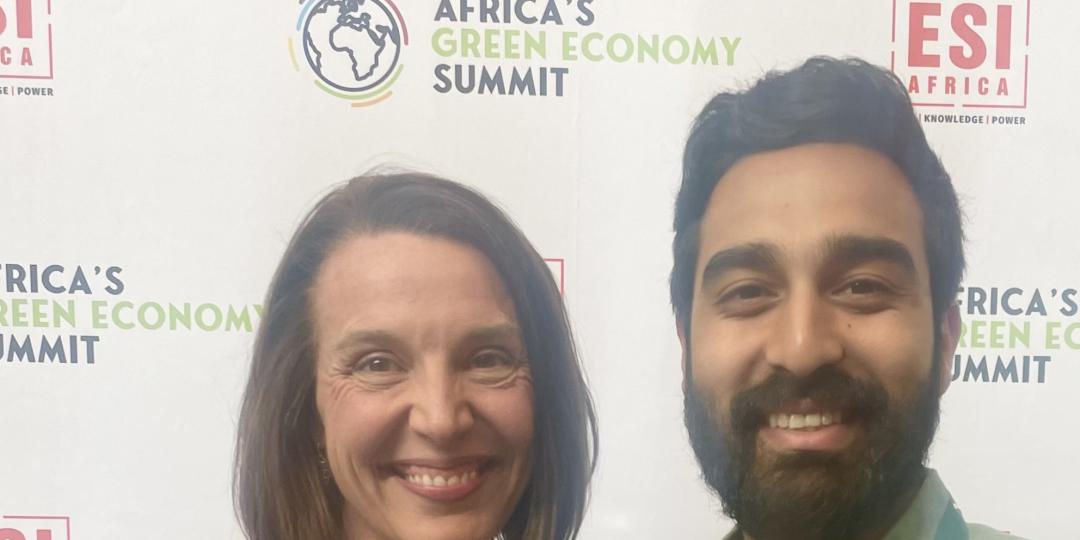Africa is the most affected of all world regions by droughts and the second most affected by floods, with over 60% of the population in Africa predicted to be living in urban areas by 2050, putting pressure on urban planning, existing infrastructure, air quality, water supply, sanitation and waste management. The fact that the annual funding gap in climate financing stands at $213.4 billion means that now is the time for innovative investors to make an impact by building Africa’s climate resilience.
The continent’s major sustainability thought leaders attended the 2nd Africa's Green Economy Summit which took place recently, a platform which explored the green investments potential and instruments to mobilise funding in combatting climate change and fostering a more sustainable and inclusive future. Small business development specialist, Edge Growth, participated at the summit for the first time, and sponsored one of the pitching sessions which covered key themes of recycling and waste management businesses, green hydrogen initiatives, and e-mobility operations.
This 3-day event saw 436 delegates from 35 countries explore and unpack the five key sectors of the green economy, including clean technologies, green transport, renewable energy, water services and waste management.
Edge Growth’s experience in investing in innovative green tech SMEs, and their successful partnership with the Green Outcomes Fund which supports and incentivises local fund managers to increase investment in green SMEs, has helped this impact investor to develop a solid track record in supporting and developing green startups.
This includes providing investment support along with other partners for I-G3N, a black empowered female-owned SME that is successfully developing lithium-ion batteries specifically for the African continent. Another highlight over the last few years has been assisting family-owned recycling business Waste Want with a combination of strategic funding for the purchase of equipment, mentoring in business skills, data analysis to inform process flows and investment into company culture.
Some examples of green SME’s currently being supported via the Edge Growth ecosystem include a black owned independent company that specialises in technical, business management services and project development in the renewable industry in Africa, as well as a next-generation manufacturer of unique sustainable building solutions. Another exciting investment alongside other partners is in a majority black owned smart-home solutions technology company that specialises in smart geysers and innovative and energy-efficient solutions.
With the ongoing power supply issues being experienced locally, Edge Growth says that the proactive use of funding options available for renewable energy will become a key differentiator for SMEs and should be high on the priority list for 2024.















